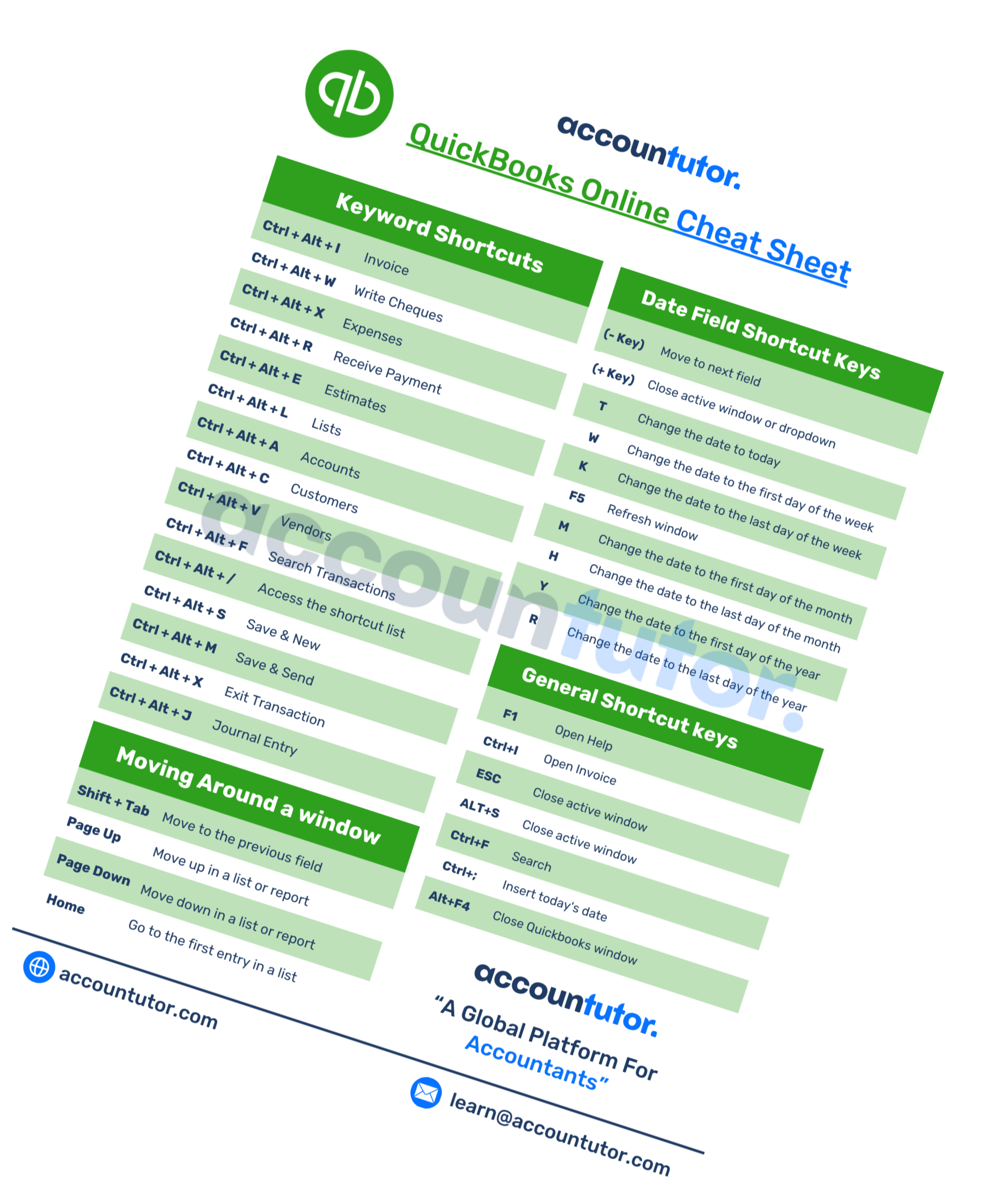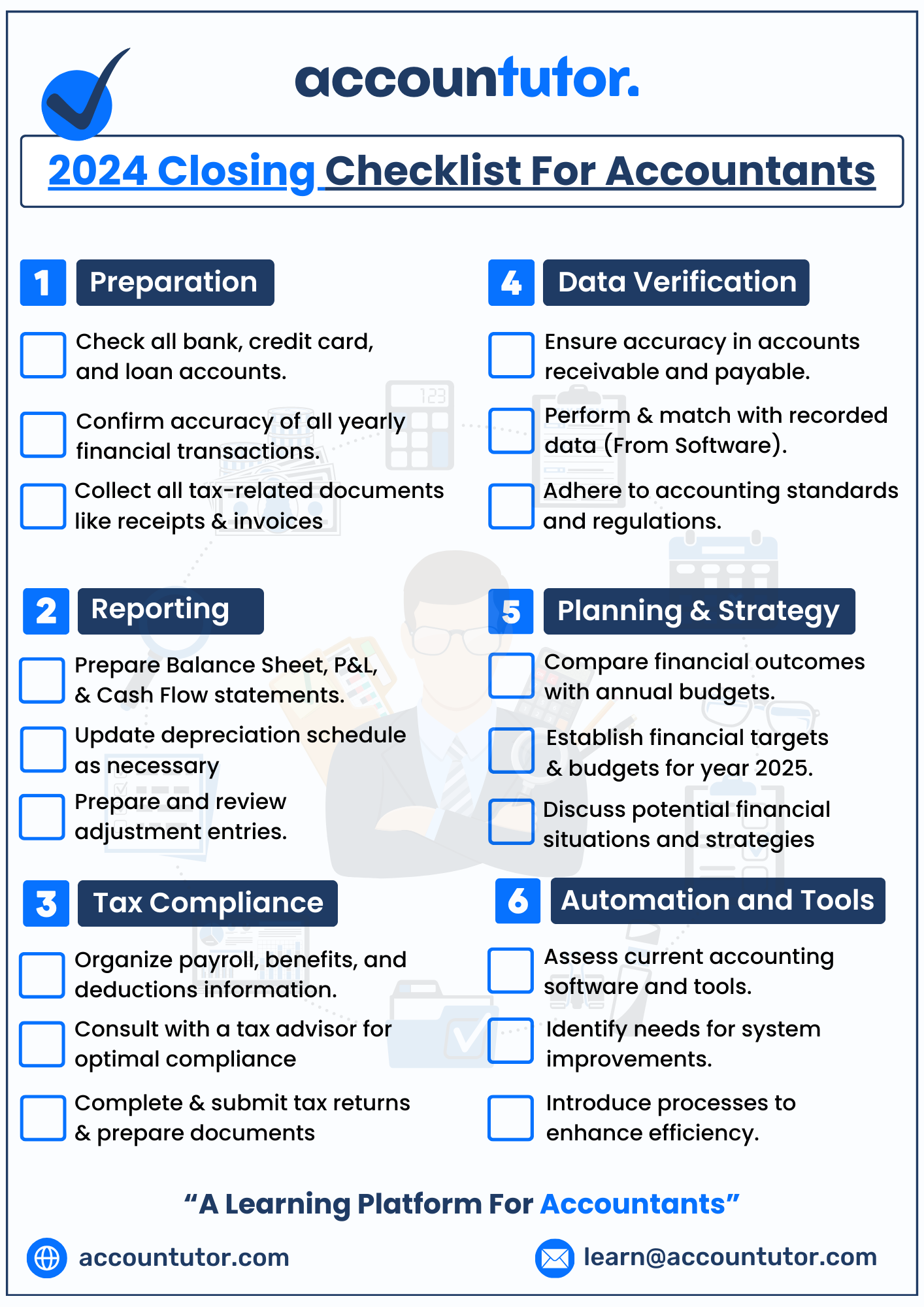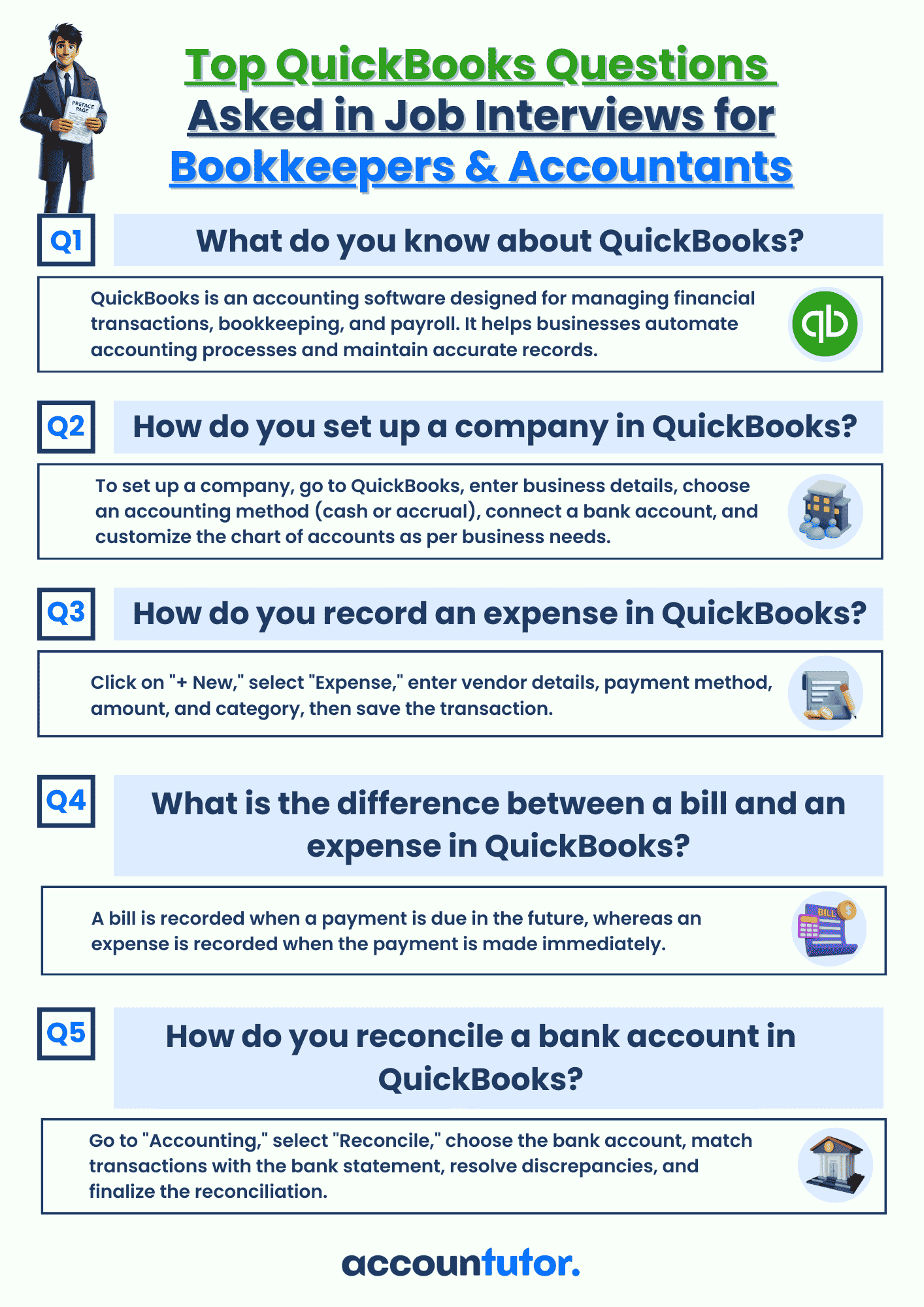Inventory
Valuation and Adjustments
-
Why Inventory Valuation Matters
-
When to Adjust Inventory
-
Lower of Cost or Market (LCM) Rule
Inventory Valuation and Adjustments
Inventory doesn’t just sit on
shelves—it also plays a major role in shaping a company’s financial reports.
The way you value, manage, and adjust your inventory directly affects
your income statement, balance sheet, and even cash flow.
“Inventory affects profit, assets, and tax obligations—so it’s more than just stuff in storage.”
Let’s see how.
“Inventory affects profit, assets, and tax obligations—so it’s more than just stuff in storage.”
Let’s see how.
1. Impact on the Income Statement
The
Cost of Goods Sold (COGS) is
one of the largest expenses on the income statement, and it comes directly from
inventory. The method used to calculate COGS—whether it's FIFO, LIFO, or Weighted Average—can
significantly affect your reported profit. A higher
COGS results in lower net income,
while a lower COGS leads to higher net income. For example,
during times of rising prices, using FIFO will typically show more profit
because older, cheaper inventory is counted as sold first. On the other hand,
LIFO will show less profit since it uses newer, more expensive inventory first.
This difference not only impacts profit reporting but also influences the
amount of tax a business may owe.
2. Impact on the Balance Sheet
Your ending inventory is
listed as a current asset on the balance sheet. If inventory is
overstated, your total assets and equity will also look higher than they
really are. If it’s understated, the opposite happens. That’s why accurate
inventory counts and valuation are critical for a reliable balance sheet.
3.
Impact on Decision Making
Good
inventory records help you make smarter decisions—like when to reorder, how to
price products, or whether to scale your operations. Poor inventory tracking,
on the other hand, can lead to stockouts, overstocking, or lost profits.
Key Takeaways
✅ Inventory affects COGS and net income on the income
statement
✅ It appears as a current asset on the balance sheet
✅ Inaccurate inventory = misleading financial statements
✅ Inventory valuation also affects tax liability
✅ Managing inventory well supports better business decisions
✅ It appears as a current asset on the balance sheet
✅ Inaccurate inventory = misleading financial statements
✅ Inventory valuation also affects tax liability
✅ Managing inventory well supports better business decisions
Write your awesome label here.
Access all Accounting and Bookkeeping Courses from One Portal.
Mastering Bookkeeping and Accounting
MBA simplifies accounting, ledger management, account balancing and financial statement preparation.
QuickBooks Online For Bookkeepers
From Beginner to Expert: Master QuickBooks Online. Effortlessly Navigate, Analyze Transactions, and Unlock its Full Potential.
Xero Accounting For Bookkeepers
Learn how to use Xero, the leading online accounting software to perform most of the essential bookkeeping tasks.
ChatGpt for Bookkeepers and Accountants
Learn how to use the ChatGPT prompt toolkit to simplify daily accounting tasks for accountants and bookkeepers instantly.
Subscribe to our newsletter
Stay informed with the latest accounting tips, tools, and updates from Accountutor right in your email inbox.
Thank you!
Policy Pages

Download QuickBooks Online PDF Guide
Thank you!

Download QuickBooks Online Cheat Sheet
Thank you!

Download ABCD of Accounting
Thank you!

Download Checklist 2024
Thank you!
Register For Free!
Thank you!

Download Interview Questions
Thank you!

